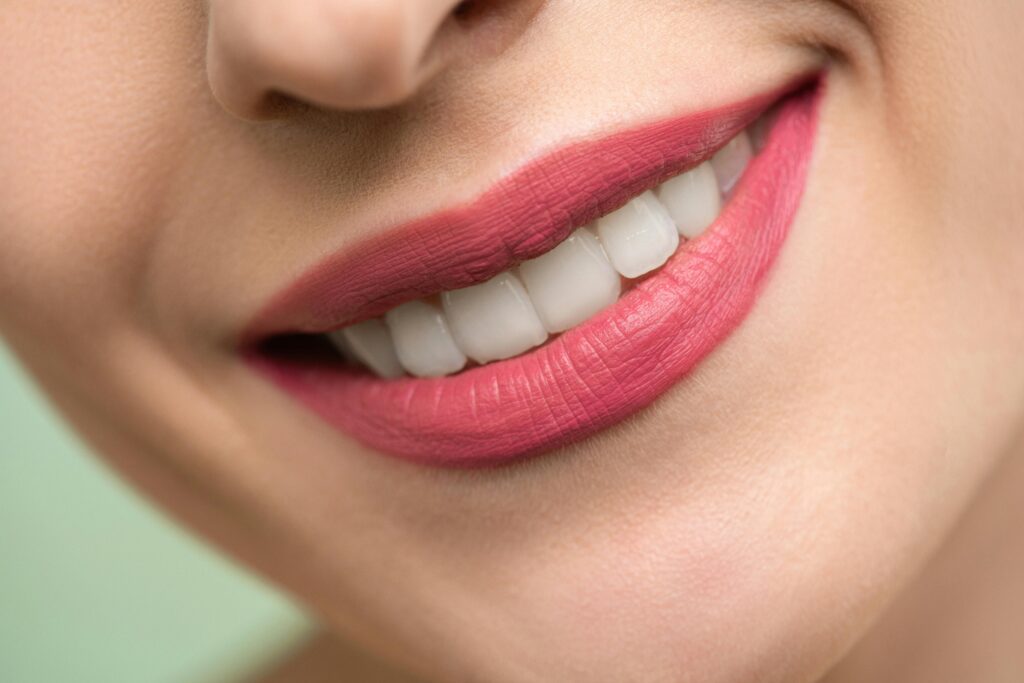
Why do teeth have nerves? We have nerves in our teeth to provide us with feedback on what we are eating and how much pressure we are applying.
Teeth appear to have nerves for three reasons. The first reason is because the inside of the tooth is living tissue with a blood supply and where a blood supply grows, nerves usually follow. The second reason is that they allow us to sense what our teeth are doing and what we are eating. The third reason is that they warn us when there is something wrong with our teeth. And the fourth reason is that we have evolved that way and there is no reason to select against teeth with no nerves.
A tooth generally has three layers. The outside layer is the enamel, which is very strong and protects the tooth. Enamel is the strongest material that our bodies produce. Enamel is strong but it is also brittle and it needs to be cushioned. Inside that is a layer of dentin. Dentin is a porous layer that gives support and cushioning to the enamel. It is porous and hard, but also a little spongy. It is the suspension for the enamel. Then the inside of the tooth is called the pulp. The pulp is the soft tissue which contains the blood vessels and the nerves. We only really need the pulp bit while the tooth is growing because it supplies the tooth with all of the nutrients, oxygen, and energy it needs. We also have the root, the jaw bone, and the ligaments that hold the tooth into the jaw, but we are not talking about those today.
If you search online, you will find a lot of people complaining about the nerves in their teeth because when we have toothache, it is due to part of the tooth compressing the nerve and causing pain. The nerves in our teeth are important and they are working all of the time, it is just that we only really think about them when we are in pain. So, why do we have nerves in our teeth?
The first reason is that we generally have nerves that grow alongside blood vessels. There are not many places in the body that have blood vessels but no nerves. Even if we didn’t need the nerves in our teeth we do need the blood vessels because they supply our teeth with what they need to grow, and the nerves grow when the blood vessels grow. They come as a pair.
The second reason is that our teeth can actually sense what we are chewing, which is a very important reason. Our teeth can detect pressure. When we bite down on something, the nerves in our teeth can detect how hard it is by the pressure. This information allows the brain to work out how hard to chew. Our jaws might not be as strong as a bear’s but we do have a considerable biteforce. The average male has a biteforce of about 160 psi, which is 16% of a polar bear’s. Still, 160 psi is enough to bite through many solid things, such as bone. If your teeth couldn’t feel the pressure and your brain didn’t detect the pain, you could probably crack your own teeth. The nerves in the teeth act as sensors so our brain can limit the amount of force we use.
The third reason we have nerves is so we can tell when there is something wrong with our teeth. Our nerves are so sensitive that we can even tell when something is stuck between our teeth. If we get a cavity or some kind of infection, the pulp will swell and press up against the nerve causing a lot of pain. However, some people say that there is no reason for this pain because dentistry is a fairly recent thing and before that there would be nothing we could do about a rotten tooth apart from hope it fell out or knock it out. Also, our teeth don’t grow back if we lose one. Some people think we would be better served not having nerves and not feeling if our teeth are rotten. This isn’t necessarily true though because infected teeth can be fatal and people do die from them. Having so much pain that we want to knock our own teeth out could potentially save the lives of early humans.
The last reason is that we have obviously evolved to have nerves in our teeth and there is no real reason why evolution would select against them. Having nerves in your teeth allows you to feel the consistency of what you are eating and adjust your biteforce. It allows you to not bite so hard that you break your own teeth. And it allows you to know if your teeth are dangerously infected. However, not having nerves in your teeth doesn’t bring about any real advantages and neither having or not having nerves makes that much of a difference in the ability of a person to reproduce and pass on their DNA. If nerves didn’t bring a very big advantage, we have evolved them and there is no real reason why we would evolve to lose them. And this what I learned today.
Photo by Shiny Diamond: https://www.pexels.com/photo/woman-with-red-lipstick-smiling-3762453/
Sources
https://www.jacksonavedental.com/post/why-do-teeth-have-nerves
https://www.ohioendo.com/whats-inside-a-tooth
https://my.clevelandclinic.org/health/diseases/15745-human-bites

Pingback: #62 Why are zippers called zippers?
Pingback: #118 What exactly is pykrete?
Pingback: #1044 How do painkillers work?
Pingback: #1041 Why do snails have teeth?
Pingback: #0137 What is a cavity?